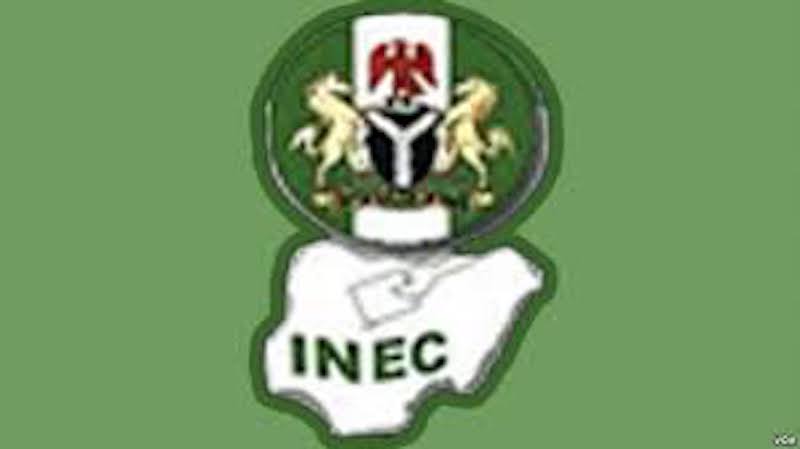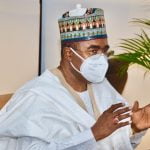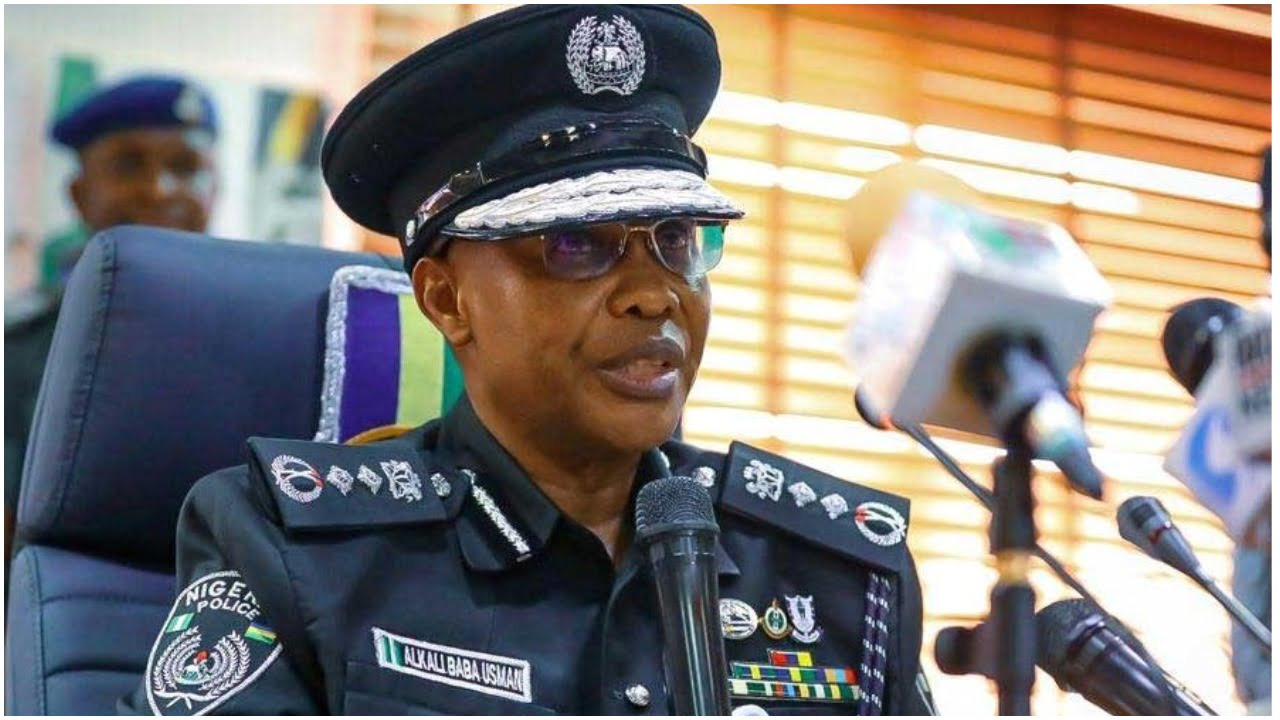Nigeria’s electoral body, INEC, on Wednesday, swore in the newly appointed Resident Electoral Commissioners (RECs).
The RECs, 19 in total, were appointed by President Muhammadu Buhari in July, following the expiration of the tenure of many former RECs.
Five of these nominees were reappointed for a second and final term of five years while 14 others were new appointees.
All the nominees were eventually confirmed by the Senate in October despite the protests by some individuals and civil groups who had accused four of the nominees of partisanship and corruption.
The nominees include Muhammad Bashir (Sokoto), Pauline Onyeka, Queen-Elizabeth Agwu and Sylvia Agu. The allegations levelled against them could not be verified by an investigative committee set up by the electoral body to look into the concerns.
The INEC Chairman, Mahmood Yakubu, in his address at the swearing-in ceremony held at the commission’s headquarters in Abuja, warned the RECs against improper relationships with politicians ahead of the 2023 polls.
He said the commission’s allegiance is to Nigerians and the need to ensure free, fair and credible elections at all times.
Over the years, the Commission has worked tirelessly to reform the electoral process and introduce many innovations that are generally acknowledged to have improved the electoral process,” Mr Yakubu said.
“In doing so, we will continue to acknowledge the sacrifice and dedication of our hardworking staff. As you are deployed to the states of the federation, you will be responsible for human and material resources. Work with the staff and be guided by the provisions of the law and our various regulations and guidelines.
“Furthermore, you will also interact with various stakeholders. You should maintain the established practice of consultation with them. However, in dealing with the general public, you should be guided by the provisions of the commission’s Code of Conduct. You should not be visitors to Government Houses and must never hold unofficial meetings with politicians, even after official working hours. All matters pertaining to official responsibilities should be conducted as provided by law,” Mr Yakubu said.
Noting the professional backgrounds of the appointees, the INEC chairman said nine of them are ‘high-ranked’ lecturers, two lawyers, one accountant and a retired ambassador.
The remaining six, according to him, are civil and public servants.
Deployment
In compliance with INEC practice, none of the 19 RECs was deployed to the state of their origin.
Uzochukwu Chijioke, a professor from Anambra, has been posted to serve his term in Abia, while Nura Yunusa, from Bauchi, will oversee the affairs of the commission in Adamawa.
Muhammad Bashir (Sokoto), Queen-Elizabeth Agwu (Ebonyi), Sylvia Agu (Enugu) and Pauline Onyeka (Imo), who is a former Head of ICT at INEC office in Imo State, will serve in Jigawa, Anambra, Imo and Ebonyi respectively.
Yomere Oritsemolebi (Delta), Yahaya Ibrahim (Kaduna), Nura Ali (Kano), Ahmed Garki (FCT) and Ayobami Salami (Oyo) will respectively serve as INEC RECs in Cross River, Katsina, Sokoto, Niger and Ekiti.
Others include Zango Abdu (Katsina), Agundu Tersoo (Benue), Obo Effanga (Cross River), Agboke Olaleke (Ogun), Samuel Egwu (Kogi), Umar Ibrahim (Taraba), Ibrahim Abdullahi (Adamawa) and Mohammed Nura (Yobe).
They will head the headquarters in Kano, Plateau, Edo, Osun, Benue, Gombe, Yobe and Bauchi respectively.
Adediran Tella, Johnson Sinikiem, Chukwuemeka Chukwu and Mahmuda Isah have been deployed to Oyo, Rivers, Enugu and Kaduna respectively.





2 Comments